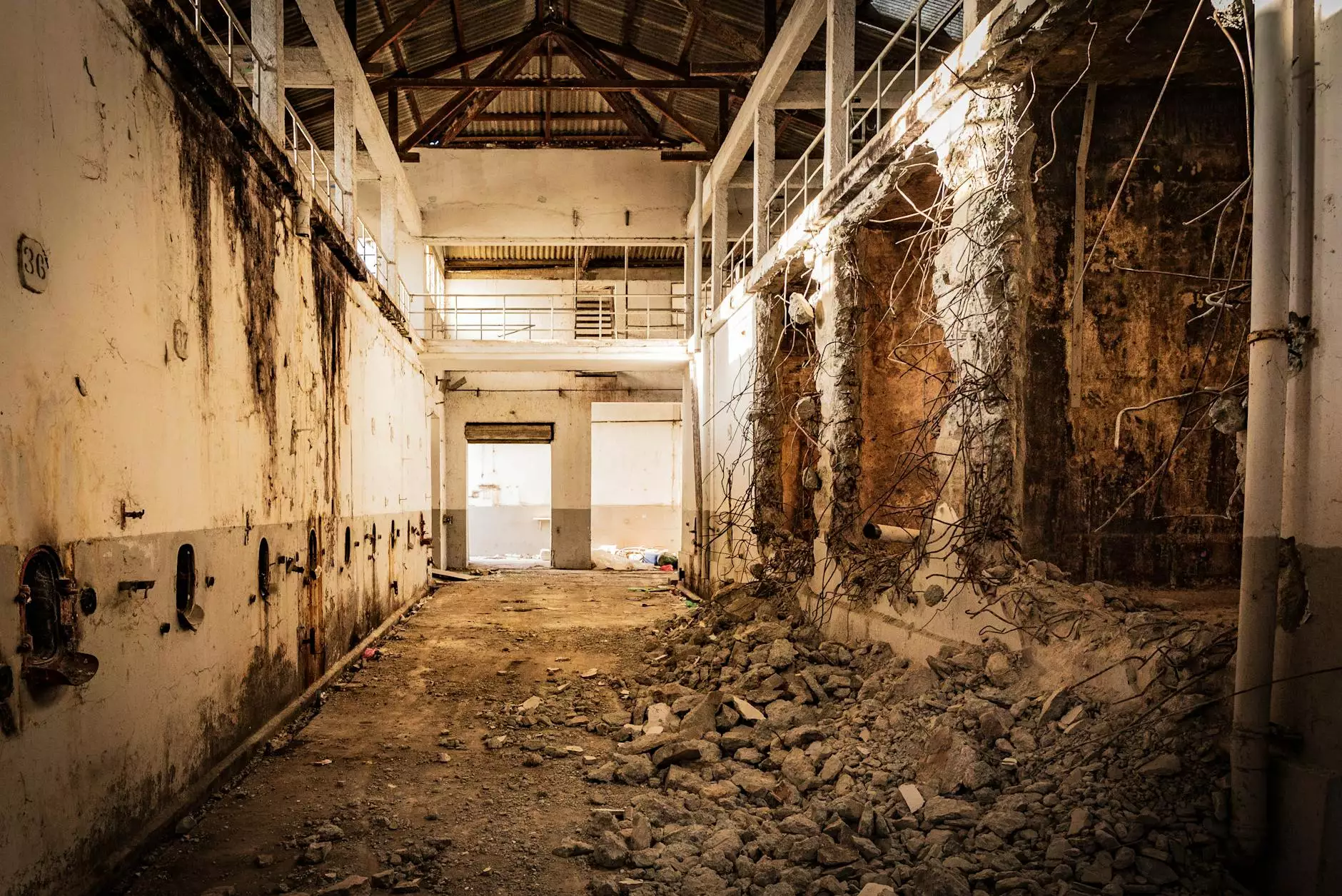The Comprehensive Guide to Kitchen Upgrade Cost

Are you considering a kitchen renovation and wondering about the kitchen upgrade cost? You're not alone. Many homeowners dream of a beautiful, functional kitchen but are often left pondering the costs associated with a full kitchen makeover. This article provides insights into the factors affecting kitchen upgrade costs and offers strategies to ensure you get the best value for your investment.
Understanding Kitchen Upgrade Costs
The average kitchen upgrade cost can vary significantly based on various factors. According to industry reports, homeowners spend anywhere from £5,000 to £50,000 on kitchen upgrades, depending on the scope of the renovation. Understanding what influences these costs is essential in planning your kitchen renewal.
Factors Influencing Kitchen Upgrade Costs
- Size of the Kitchen: The size of your kitchen plays a crucial role in determining the overall cost. Larger spaces typically require more materials and labor, thus increasing the price.
- Quality of Materials: Investing in high-quality materials for cabinets, countertops, and appliances can significantly impact your budget. Luxury materials can double or triple your costs compared to standard options.
- Labor Costs: Labor costs vary by location and the complexity of the upgrades. Skilled tradespeople and contractors may charge higher rates, but their expertise can result in a better outcome.
- Kitchen Layout Changes: If you plan to change the layout of your kitchen, such as moving plumbing or electrical outlets, expect increased costs due to the added complexity and labor.
- Upgrades vs. Full Renovation: A simple kitchen upgrade, such as changing cabinetry hardware or adding a backsplash, will be more cost-effective than a full renovation that includes tearing down walls.
Planning Your Kitchen Renewal Budget
Budgeting for a kitchen makeover requires careful planning. Here’s a detailed breakdown of how to allocate your funds effectively:
1. Set a Clear Budget
Before diving into the renovation process, establish a clear budget that reflects your financial situation. Consider the following:
- Determine the total amount you can allocate to the kitchen upgrade.
- Research various kitchen styles and set realistic expectations based on your budget.
- Don’t forget to include a contingency fund (typically 10-20%) for unexpected expenses.
2. Prioritize Your Needs
Identify what is most important for your kitchen renovation. Here are some elements to consider:
- Essential vs. Optional Upgrades: List must-have features (like energy-efficient appliances) versus nice-to-have upgrades (like custom cabinets) and prioritize accordingly.
- Research Alternatives: Sometimes, opting for mid-range materials can help you save significant funds without compromising quality.
3. Get Multiple Quotes
Before settling on a contractor, it's wise to gather multiple quotes. This allows you to:
- Compare prices for similar services and materials.
- Assess the reputation and experience of each contractor.
- Make informed decisions based on thorough research.
Cost-Saving Tips for Your Kitchen Makeover
1. Refresh Instead of Replace
Sometimes, refreshing existing fixtures can provide a new look without the hefty price tag of replacements. Here are some ways to achieve this:
- Repaint Cabinets: Instead of replacing cabinets, consider a fresh coat of paint to revitalize your kitchen.
- Update Hardware: Swap out old handles and knobs for modern designs for an instant uplift.
- Install a New Backsplash: A stylish backsplash can update your kitchen’s aesthetics without major renovations.
2. Opt for Open Shelving
Open shelving is not only trendy but can also reduce costs by minimizing the need for new cabinetry. Displaying dishes and accessories adds a personal touch and opens up the space.
3. Utilize DIY Where Possible
If you have a knack for DIY projects, consider taking on some of the work yourself:
- Painting Walls: A DIY paint job can save you significant labor costs.
- Installing Fixtures: Basic electrical and plumbing upgrades can often be handled by a skilled homeowner.
Return on Investment: Understanding the Value of Kitchen Upgrades
It's essential to recognize that kitchen upgrades often yield a high return on investment (ROI). Here’s how kitchen renovations can increase your home’s value:
Market Trends
A well-designed kitchen not only improves your living experience but can also increase your property’s marketability:
- Attractive to Buyers: A modern kitchen is one of the top features homebuyers look for, and an attractive kitchen can lead to quicker sales.
- Higher Sale Price: Homes with updated kitchens often sell for more than comparable homes with outdated kitchens.
Longevity and Efficiency
Upgrading to energy-efficient appliances and fixtures can lower your utility bills, contributing to savings over time. While the initial kitchen upgrade cost may be high, the long-term benefits can provide considerable financial relief.
Final Thoughts on Kitchen Upgrade Costs
Embarking on a kitchen renovation journey can be both exciting and daunting due to the perceived kitchen upgrade cost. By understanding the various factors influencing costs, establishing a clear budget, and planning strategically, you can achieve a stunning kitchen transformation without breaking the bank.
Whether you choose a minor kitchen makeover or a full-scale renovation, remember that investing in your kitchen is not just about aesthetics; it’s about enhancing your home’s functionality and overall value. With careful planning and execution, you can create a space that meets your needs and reflects your style.
To learn more about kitchen renovations and to get started on your dream kitchen, visit us at kitchenmakeovers.co.uk. We are here to guide you through every step of your kitchen renewal, ensuring a seamless and satisfying experience.
Frequently Asked Questions
1. What is the average cost of a kitchen upgrade?
The average kitchen upgrade cost can range from £5,000 to £50,000, depending on factors like size, materials, and labor.
2. How can I save money on my kitchen renovation?
You can save money by choosing DIY options, refreshing existing elements instead of replacing them, and getting multiple quotes from contractors.
3. Are kitchen renovations worth it?
Yes, kitchen renovations typically yield a high return on investment and can significantly increase your home's value.









